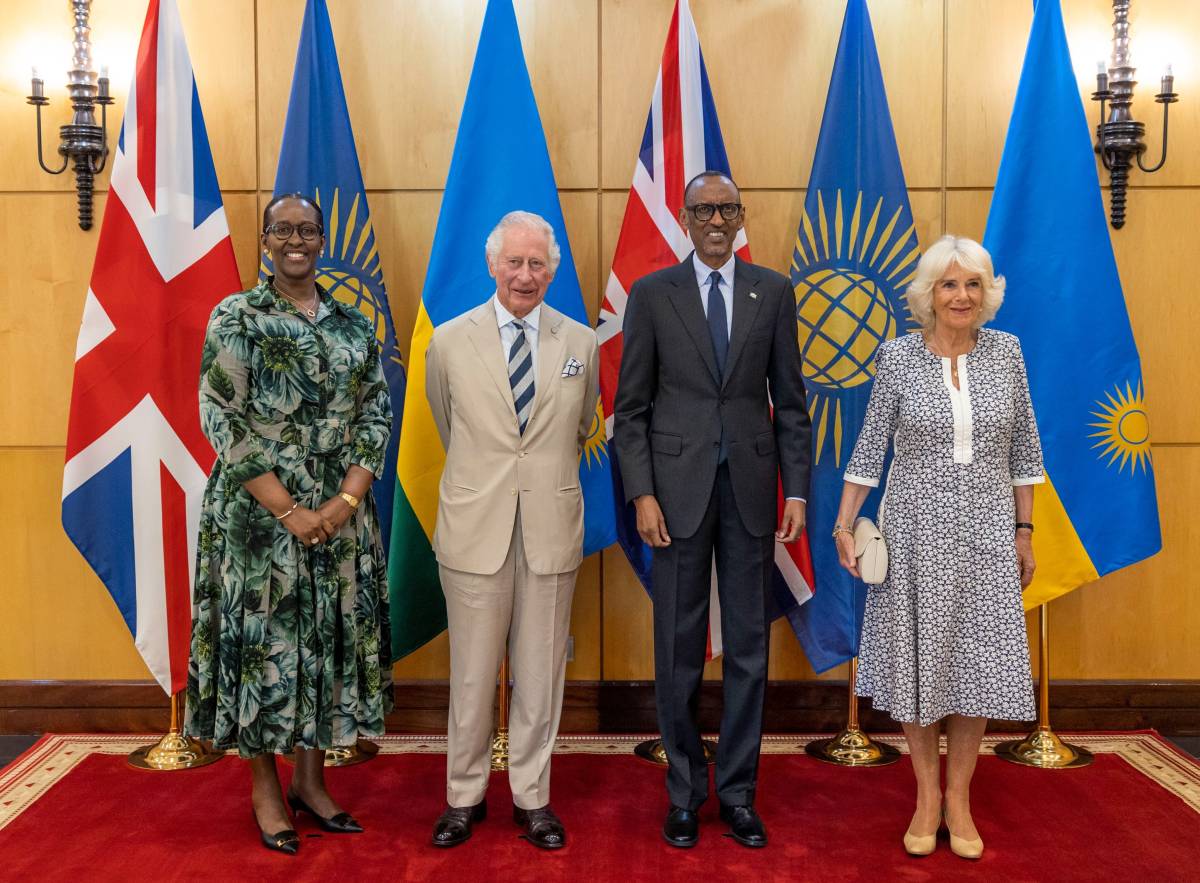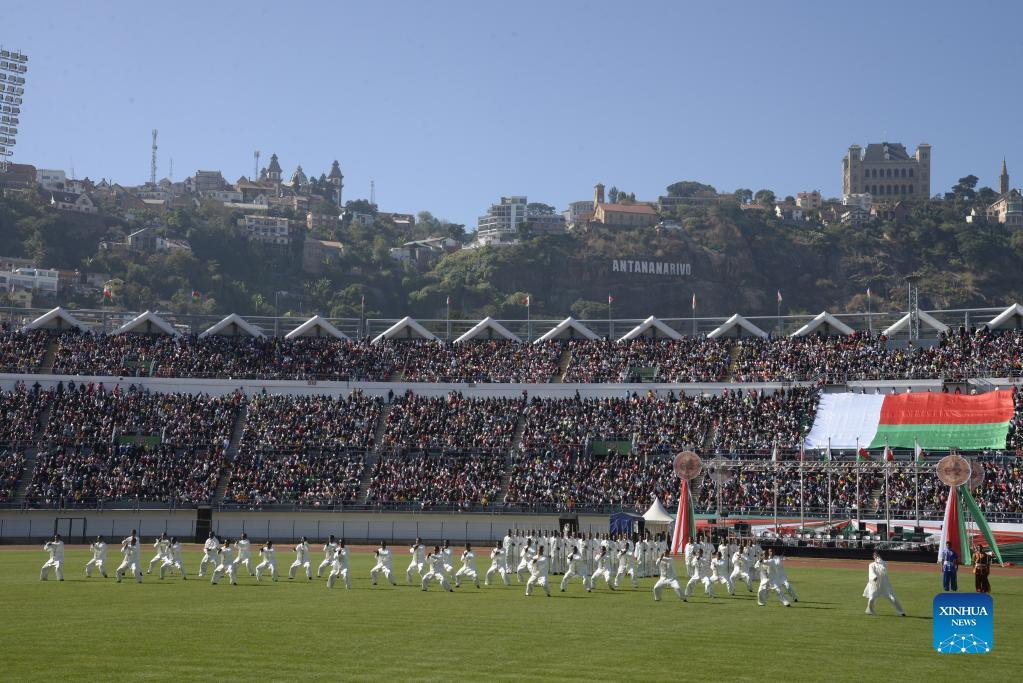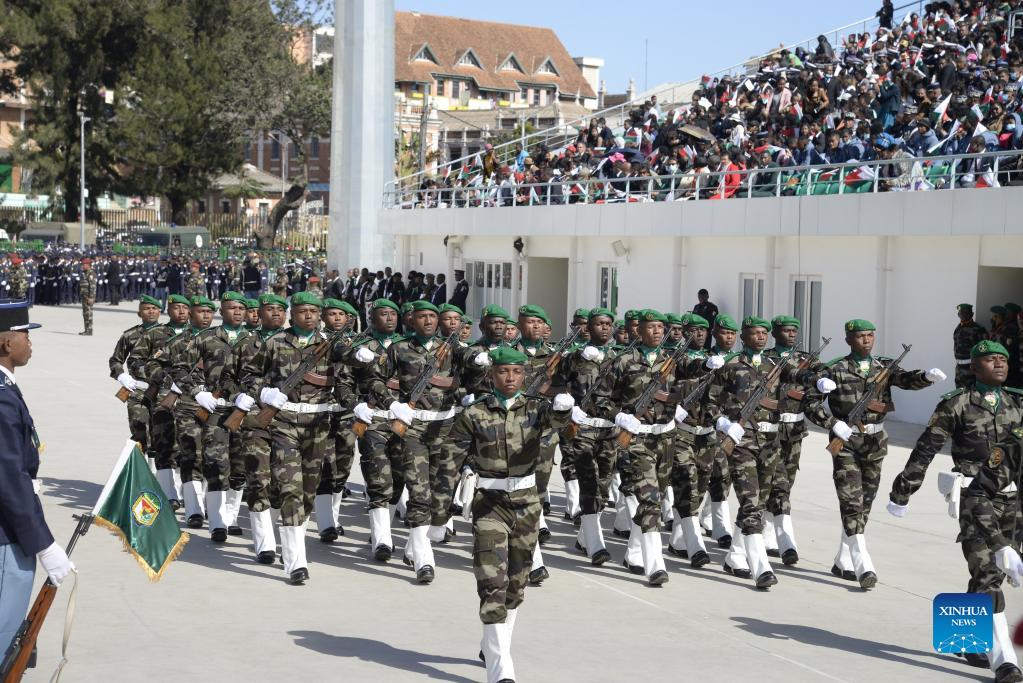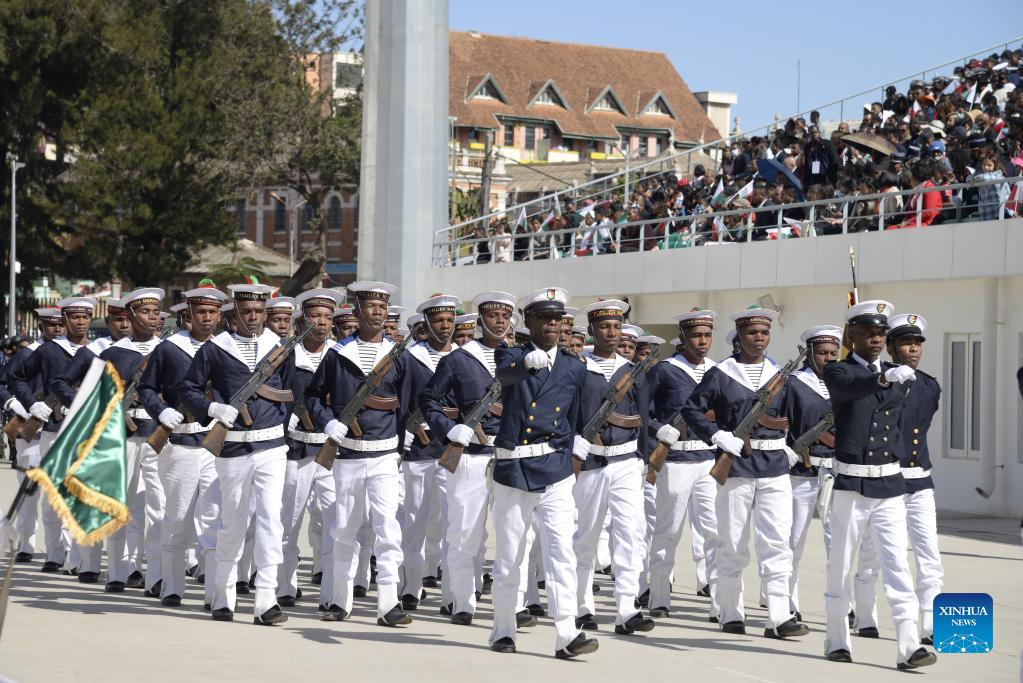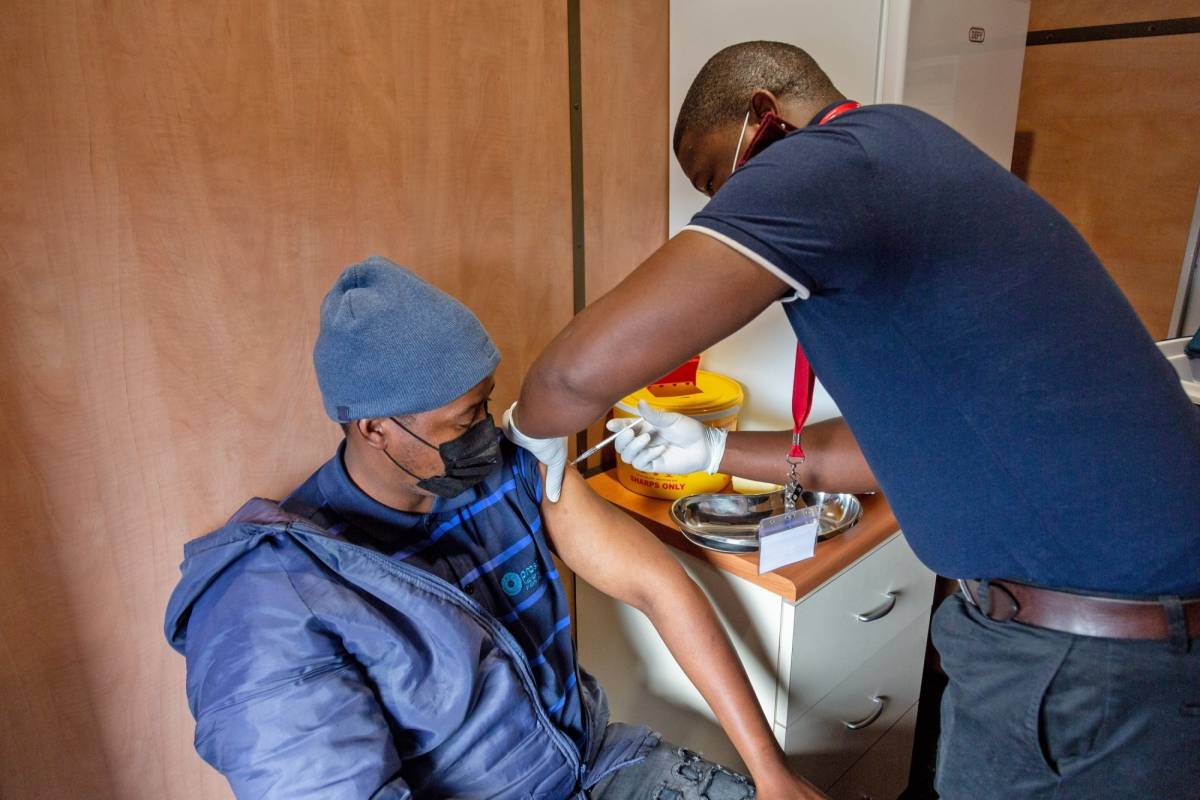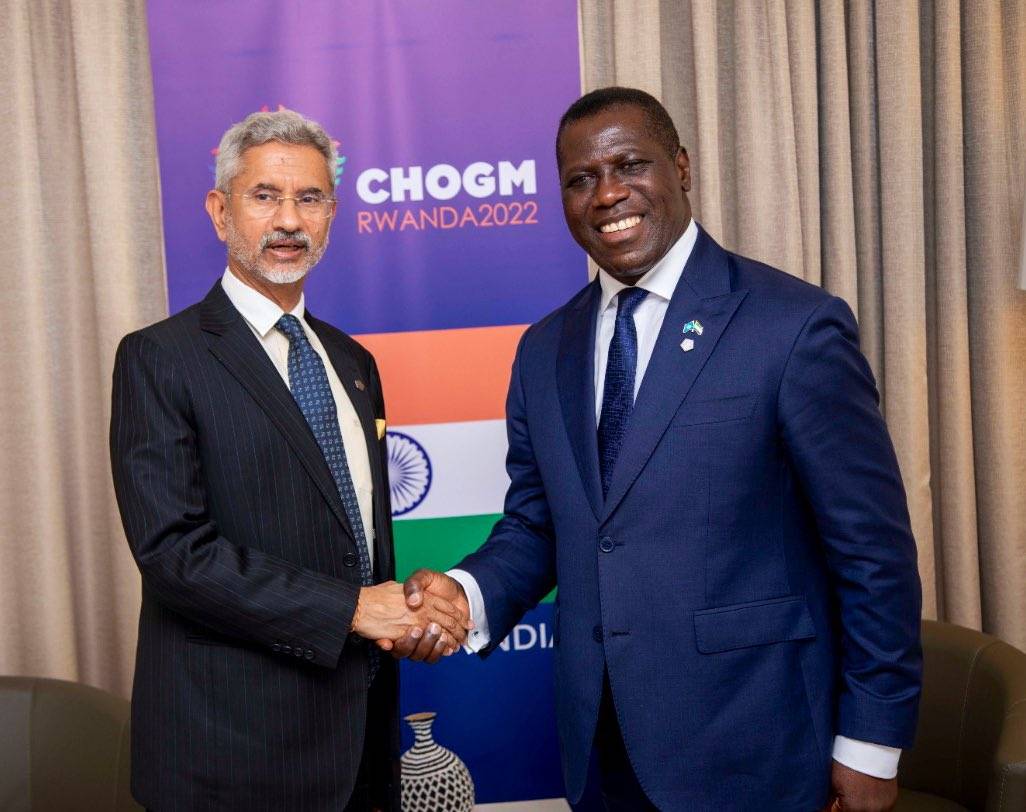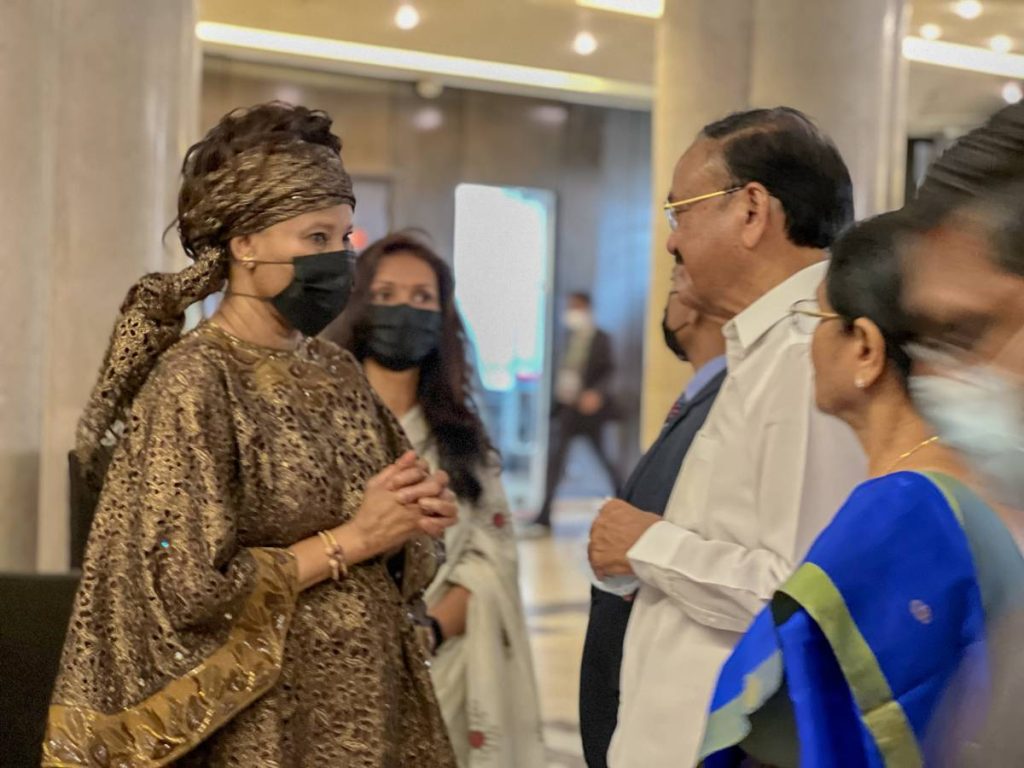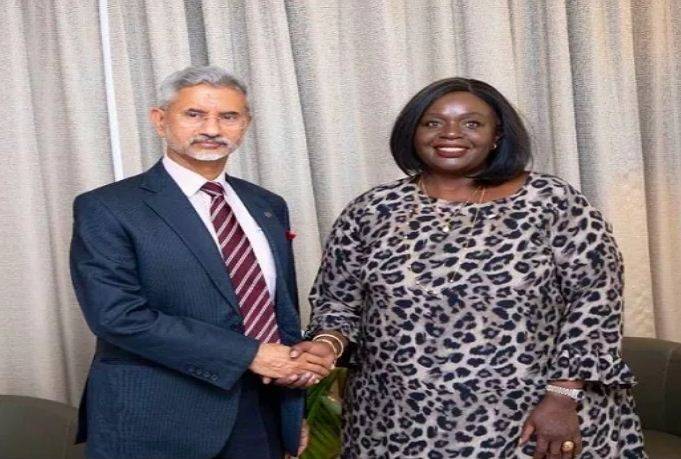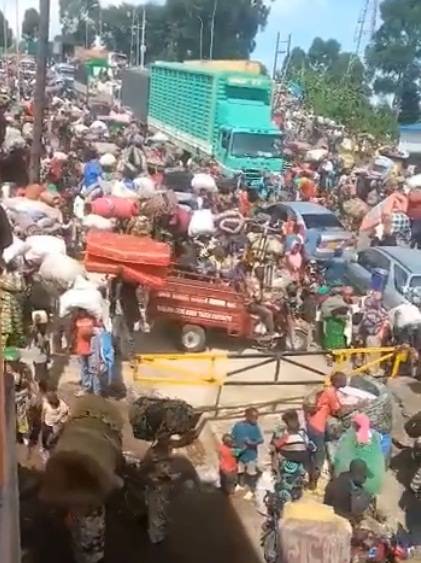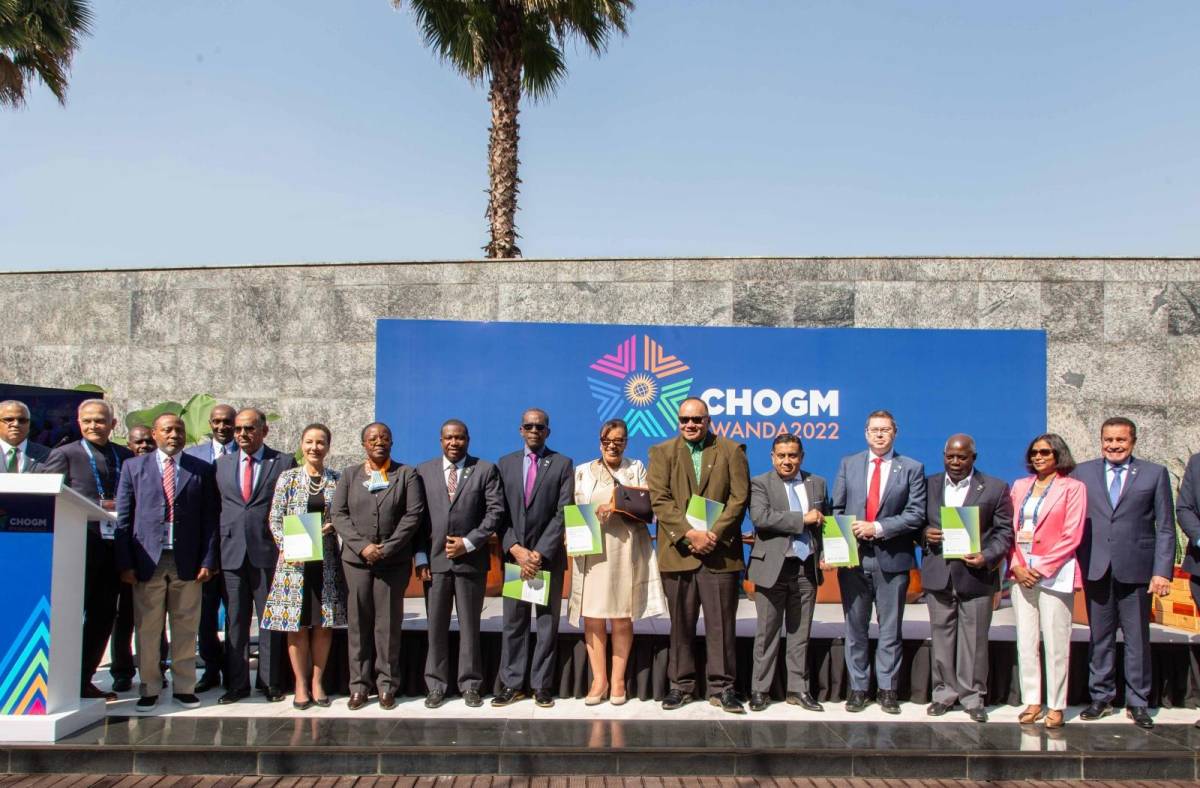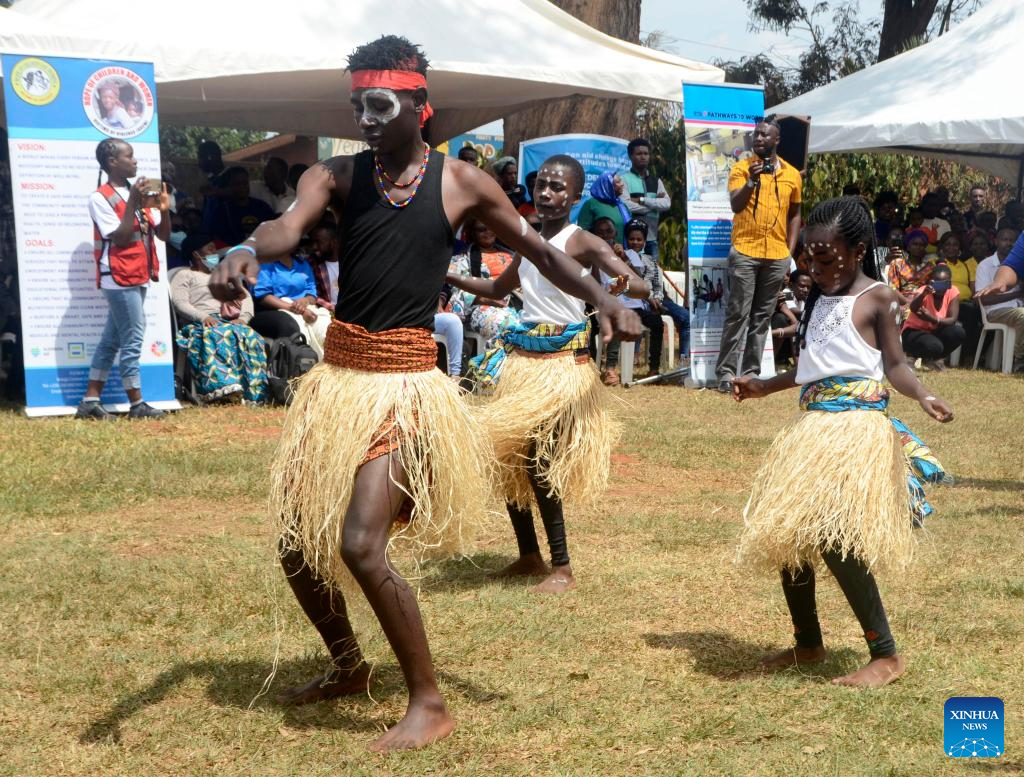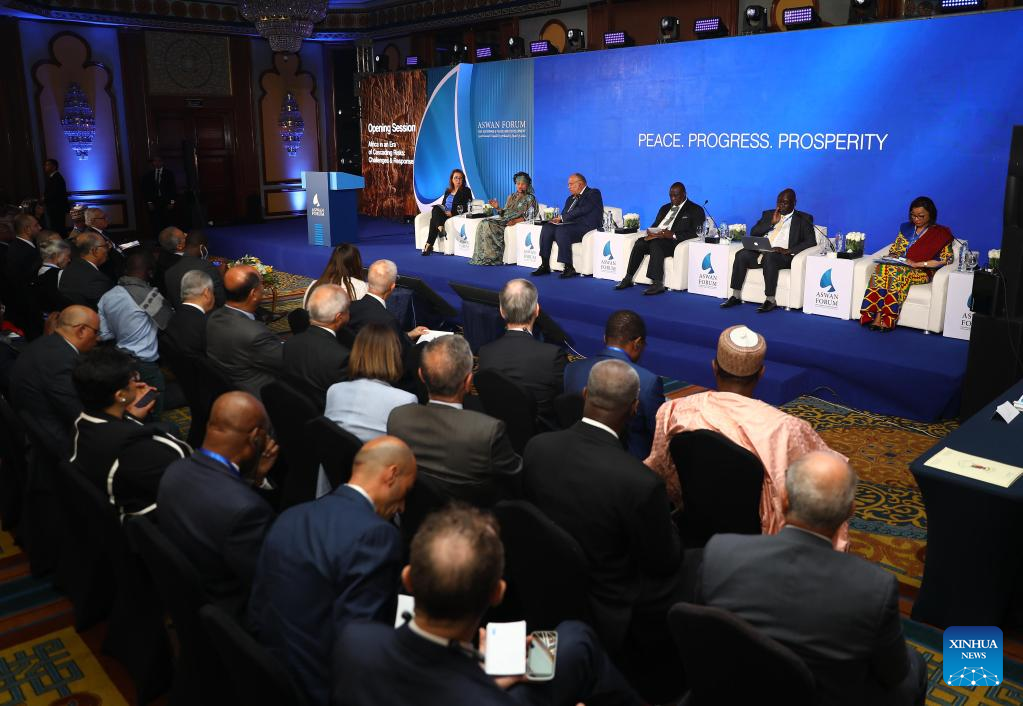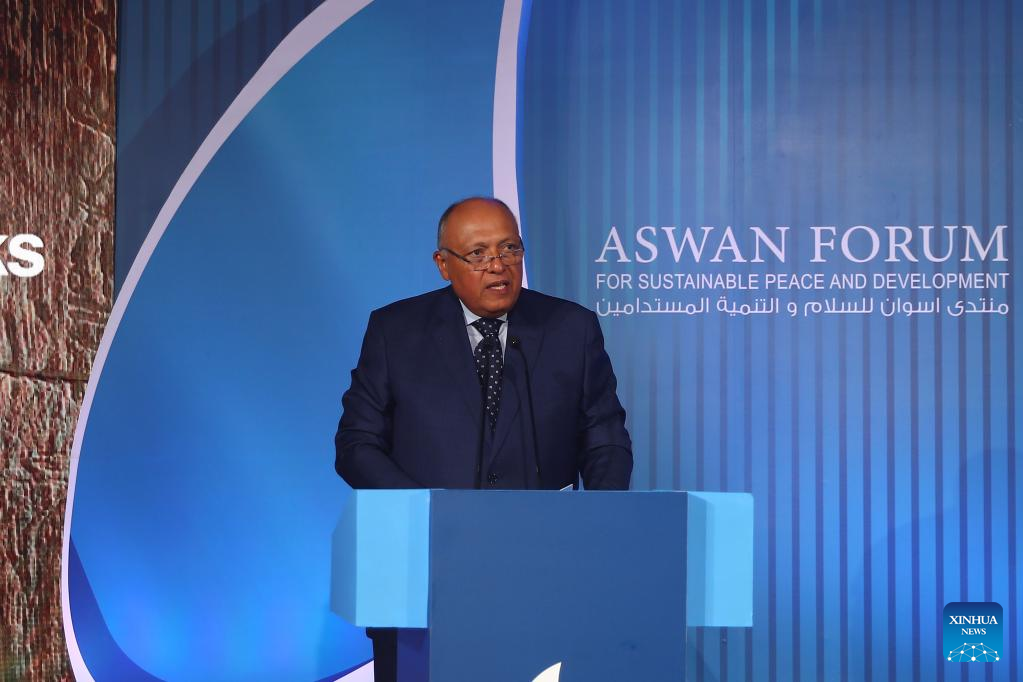Commonwealth leaders wrap up summit in Rwanda. The six-day meeting which drew more than 5,000 delegates from the 54 members witnessed the announcements of several commitments
The Commonwealth Heads of Government Meeting (CHOGM) wrapped up in Rwanda’s capital city of Kigali on Saturday.
The six-day meeting which drew more than 5,000 delegates from the 54 members witnessed the announcements of several commitments.
Held under the theme “Delivering a Common Future: Connecting, Innovating, Transforming,” the heads of governments held discussions on several issues including recovery from the COVID-19 pandemic which devastated lives and economies, particularly for those members heavily reliant on tourism.
During the opening on Friday, the British Prime Minister Boris Johnson handed over the baton as Commonwealth Chair-in-Office to Rwanda’s President Paul Kagame.
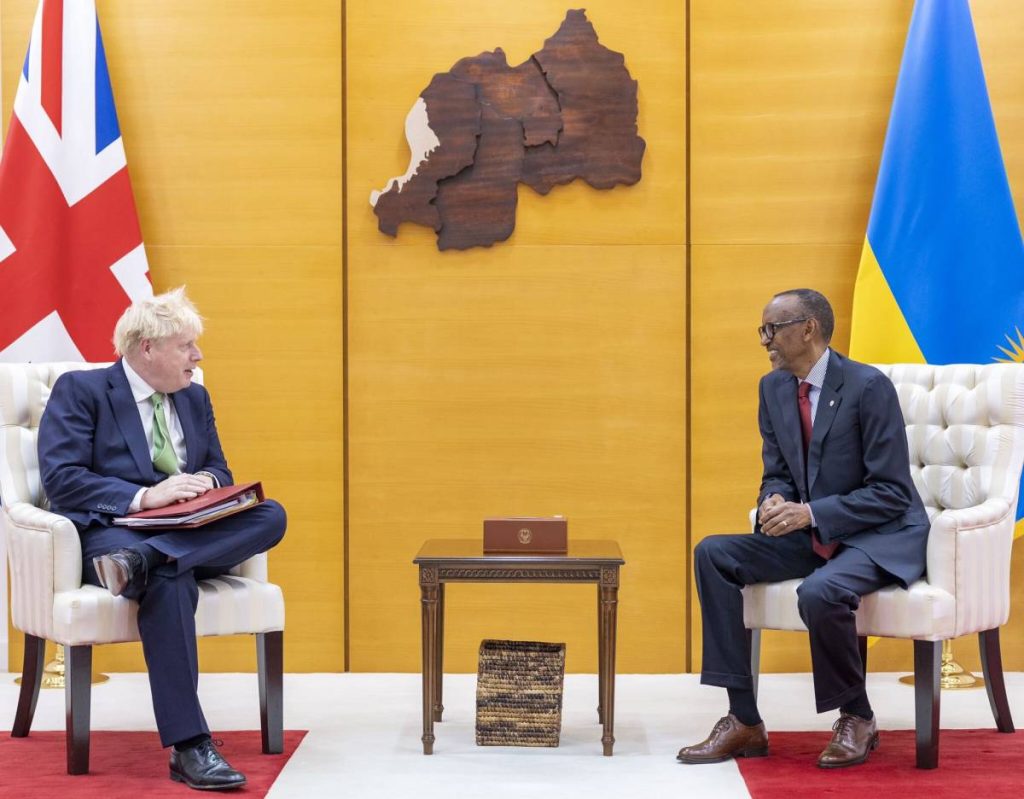
Kagame told a press conference on Saturday that as Chair-In-Office, he looked forward to working towards strengthening the partnerships within the commonwealth, for the benefits of all citizens.
The Commonwealth leaders also during their executive session re-appointed Patricia Scotland as the Secretary General of the Commonwealth for a further two years.
The Commonwealth Secretary-General can serve a maximum of two terms of four years each.
But Scotland, from the Caribbean, had her term last six years due the coronavirus pandemic. She was first elected in 2015 during CHOGM in Malta.
Britain’s Prince Charles, who represented Queen Elizabeth II, expressed his “personal sorrow” over the suffering brought about by slavery and its enduring impact.
More than 3 million people from Africa were enslaved during the historic Transatlantic Slave Trade by British merchant supported by the state, until the policy was abolished in 1807.
Speaking on the commonwealth countries’ relationship with the UK’s monarchy, Prince Charles said “each member’s constitutional arrangement, as republic or monarchy, is purely a matter for each member country to decide.”
The Commonwealth Secretariat signed an agreement with some of the world’s largest youth organizations on skills building for young people.
Togo and Gabon were admitted to the Commonwealth of Nations, the latest francophone countries to join the association, Kagame announced Saturday, bringing the number of countries in the bloc to 56 from eight at its inception in 1949.
Some of the highlights included Commonwealth Business Forum, co-organized by Rwanda and the Commonwealth Enterprise and Investment Council.
The forum attracted over 1,000 business executives and provided a valuable opportunity for high-level dialogue on trade and investment between business and government leaders from across the Commonwealth and beyond.
The Malaria and Neglected Tropical Diseases Summit, a side event of the Commonwealth leaders were hosted by Kagame and the Roll Back Malaria (RBM) Partnership to End Malaria, a global platform for coordinated action towards a world free from malaria, and uniting to combat NTDs.
The leaders committed to work towards ending the epidemic of malaria by 2030, in line with global, regional and national commitments, according to the final communique issued by the Commonwealth Secretariat.
The heads underscored the importance of connecting, innovating, and transforming in order to facilitate a full recovery from the COVID-19 pandemic.
Expressing sorrow for the enormous loss of life and livelihood resulting from the COVID-19 pandemic, the leaders affirmed that the universal, timely, fair and equitable access to, and distribution of safe and affordable COVID-19 vaccines and diagnostics are key to global recovery.
The heads renewed their commitment to promoting good nutrition and fighting malnutrition, and determined to take bold, multisectoral coordinated action to reduce the incidence of non-communicable diseases (NCDs).
They also resolved to continue to take steps to ensure that by 2025, girls in the Commonwealth will have access to vaccination against human papilloma virus infection by age 13 in accordance with country contexts.
During the 7th Intergenerational Dialogue, a conversation between heads of government and five youth representatives from regions of the Commonwealth, Justin Trudeau, Canadian Prime Minister said it is important for the youth to be empowered to shape things such as education, employment, economic opportunities, and fighting climate change.
The leaders committed to increasing meaningful representation of youth in decision-making processes and mechanisms, including in conflict resolution and peace-building, the communique said.
The leaders discussed global conflicts and Ukraine-Russia conflict in particular, emphasizing that all countries must seek peaceful resolution to all disputes in accordance with international law.
The heads stressed the right to education, reaffirming the role of governments in offering 12 years of quality and inclusive education and ensuring children can catch up on lost learning.
On technology, the heads reaffirmed their commitment to equipping citizens, especially women, girls, young people, and others facing inequality, with the skills necessary to fully benefit from innovation and opportunities in cyberspace.
On climate, the heads of state renewed their commitment under the Paris Agreement to keep the increase in global average temperature to well below 2 degrees Celsius above pre-industrial levels and to pursue efforts to limit the temperature increase to 1.5 degrees Celsius above pre-industrial levels.
Noting that most greenhouse gas emissions stem from energy production and use , they renewed their commitment to meet SDG 7 which aims to ensure access to affordable, reliable, sustainable and modern energy for all.
They also agreed to encourage public-private partnerships, in collaboration with multilateral and other entities, to create high-quality digital jobs for young people across the Commonwealth.
The leaders reiterated their commitment under SDG 11 to make cities and human settlements inclusive, safe, and resilient.
ALSO READ:India expanding its diplomatic footprint in Africa
To this end, the heads adopted the Declaration on Sustainable Urbanization.
The CHOGM is the Commonwealth’s highest consultative and policy-making gathering and it is customarily held every two years.
The Commonwealth leaders selected Rwanda as the host for the 26th summit at a meeting in London in 2018, but the meeting was postponed twice due to the COVID-19 pandemic.
The next CHOGM will be held in Samoa in 2024, where a new secretary general will also be appointed.

